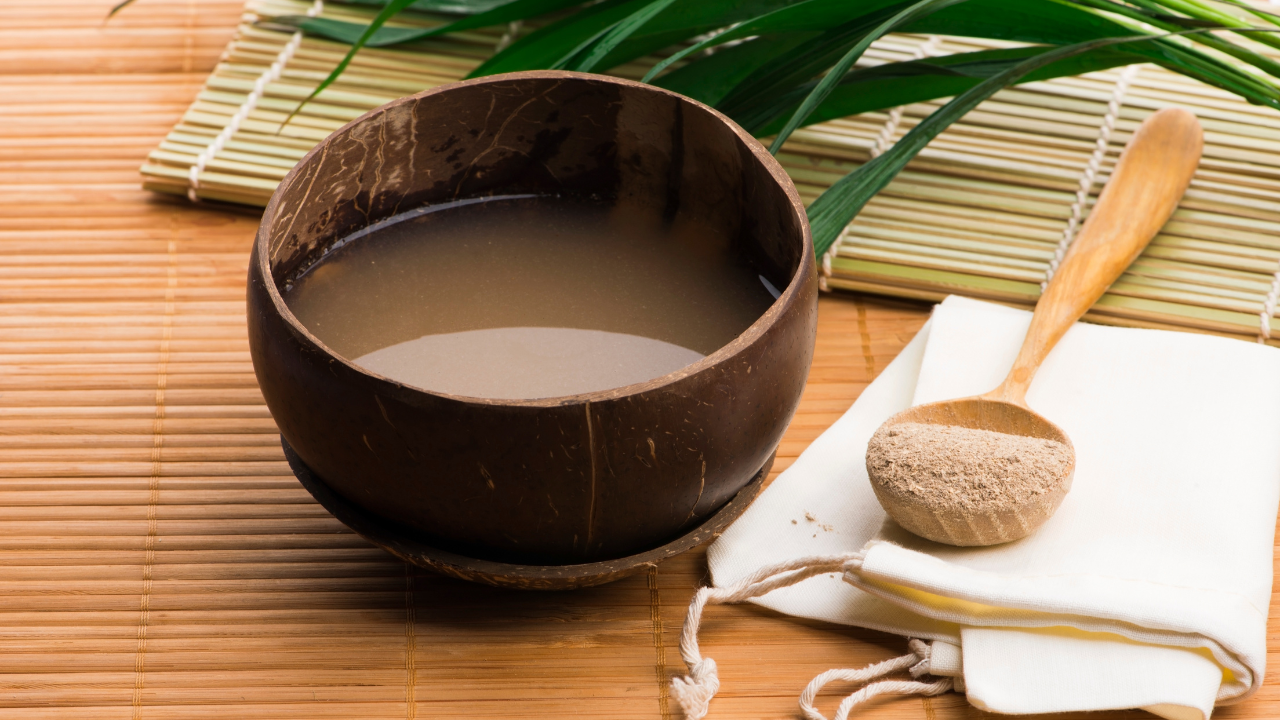What is Kava and Is It a Healthier Alternative to Alcohol?

The plant Piper methysticum, a member of the pepper family that also contains black pepper, produces ground roots that are used to make kava. Kava grows naturally in the South Pacific and individuals consume kava as a beverage, a supplement, or an extract.
Traditionally, the root is broken up, powdered, or ground, then soaked in water to make a tea. In the South Pacific Islands, this tea is frequently sipped socially and during rituals and cultural traditions.
Due to its reportedly relaxing effects and smooth, clean finish, the beverage has recently grown in popularity in the United States. Its effects are compared by some to those of alcohol and in recent years, kava bars have popped up in major U.S. cities, giving an alternative to the normal nightlife of the twenty-first century.
What types of Kava products are available?
In some parts of the world, whole kava roots are chewed for their medicinal value. Kava is also available in liquid form, as tinctures or standardized extracts, and powdered in capsules or tablets. Additionally, you can purchase Kava as a beverage.
There are no restrictions for buying kava in the United States and kava supplements and extracts are often easier to find than ground kava root. Kava lattes can be purchased in swanky coffee shops and other Kava drinks can be bought in Kava bars. Kava capsules are in big retail chains like Wal-Mart and Target and you may be able to find ground kava root in a natural food or health store.
Adults have used kava extracts most frequently at oral doses of 150–400 mg per day for up to two years.[1] However, you should find out from a healthcare professional what kind of product and dosage might be ideal for a certain condition.
What are the benefits and risks of Kava?
Although kava is promoted as a dietary supplement for anxiety, stress, insomnia, and other conditions, there has only been a fair amount of research in people on the use of kava for anxiety.[2] Since there have been only a few studies done on other conditions, there isn’t enough evidence to show whether kava is helpful for any other conditions besides anxiety.[2]
Kava supplements may have a small effect on reducing anxiety, but they have been linked to a risk of severe liver injury.[2] A meta-analysis of eleven trials with a total of 645 participants found that compared with placebo, kava extract appears to be an effective symptomatic treatment option for anxiety.[3] Additionally, a double-blind, randomized, placebo-controlled study of 75 participants found that standardized kava may be a moderately effective short-term option for the treatment of GAD.[4]
The use of kava has been linked to liver injury that is sometimes serious or even fatal.[5] The exact cause and frequency of the liver damage are unclear.[5] Kava can cause digestive upset, headache, dizziness, and other side effects.[6] Long-term use of high doses of kava may cause kava dermopathy, a condition that involves dry, scaly, flaky skin with a yellow discoloration.[6]
Who shouldn’t consume Kava products?
Combining kava with other psychoactive substances or alcohol is risky. It is advisable to stay away from kava if you are on any prescription medication because there isn't much information on how it interacts with other drugs. Additionally, don’t consume kava if you intend to drive. People who drive erratically after consuming large amounts of kava tea have received "driving-under-the-influence" tickets.
Do not take kava if you:[7]
- are pregnant
- are breastfeeding
- are driving or operating heavy machinery
- are currently taking pharmaceutical medicine
- drink large quantities of alcohol
- have a pre-existing heart, lung or liver condition.
Children should not take kava.
For those that are looking for a replacement for alcohol, is Kava a possibility?
One of kava’s major appeals, especially for the health-conscious, has to do with its somewhat similar effects to alcohol, without the hangovers. Even though there is no alcohol in kava, it can produce similar symptoms to drunkenness, including difficulty with balance, and slurred speech.[7]
As is the case with most mind-altering substances, kava should be used in moderation, and should not be consumed in combination with alcohol. When taken occasionally, kava may offer stress and anxiety relief.
Remember that if you suffer from any serious health problem (including mental health) or take any prescription medication, consult your doctor first to see if kava might be a safe option for you.
References:
- KAVA: Overview, uses, side effects, precautions, interactions, dosing and reviews. Webmd.com. Retrieved October 30, 2022.
- Kava. NCCIH. Retrieved October 30, 2022.
- Pittler, M. H., & Edzard, E. (2001). Kava extract for treating anxiety. Cochrane Database of Systematic Reviews, 4, CD003383.
- Sarris, J., Stough, C., Bousman, C. A., Wahid, Z. T., Murray, G., Teschke, R., Savage, K. M., Dowell, A., Ng, C., & Schweitzer, I. (2013). Kava in the treatment of generalized anxiety disorder: A double-blind, randomized, placebo-controlled study. Journal of Clinical Psychopharmacology, 33(5), 643–648.
- Kava Kava. (2018). In LiverTox: Clinical and Research Information on Drug-Induced Liver Injury [Internet]. National Institute of Diabetes and Digestive and Kidney Diseases.
- White CM. The pharmacology, pharmacokinetics, efficacy, and adverse events associated with kava. Journal of Clinical Pharmacology. 2018;58(11):1396-1405.
- Kava. Gov.au. Retrieved October 30, 2022.


